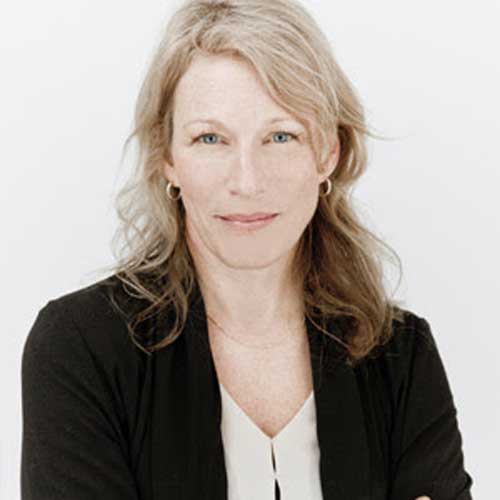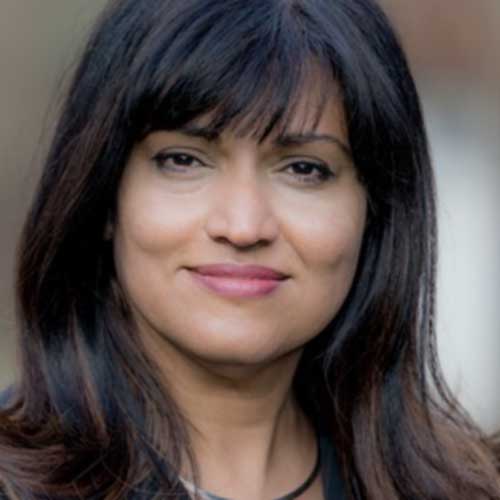Day One: Wednesday, February 22, 2023
10:00 EST
15 minWelcome and Opening Remarks from the Chair
10:15 EST
60 minHow a 25 Year Old Policy Tool Helped Make History
11:15 EST
45 minHow City of Edmonton Approaches Deep Diversity and Intersectionality
- Intersectionality is the complex, cumulative way in which the effects of multiple forms of discrimination (such as racism, sexism, and classism) combine, overlap, or intersect especially in the experiences of marginalized individuals or groups.
- Cumulative disadvantages and impact faced by those with multiple intersecting oppressions, such as racialized women, women with disabilities, women with children, queer, gender queer and transgender individuals, and those who live at the intersections of multiple identities (including men).
- Understanding intersectionality in your own organization?
- Ensuring those most directly affected by programs or policies play a central role as spokespersons for their own causes
- The need to be inclusive in discussing issues
- The need to gather disaggregated data that includes individuals with intersecting identities
12:00 EST
60 minBreak
13:00 EST
45 minStatistics Canada’s Disaggregated Data Action Plan (DDAP)
A presentation on Statistics Canada’s Disaggregated Data Action Plan (DDAP), which aims to fill data gaps and provide more representative data collection methods.
- Budget 2021 allocated significant funding to Statistics Canada to implement a DDAP
- This Plan has four guiding principles:
- Data and analyses should be disaggregated at the lowest level of population detail possible, while respecting quality and confidentiality;
- Analysis should focus on intersectionality as opposed to binary interactions;
- Statistics Canada’s approved statistical standards should be used for disaggregation across all programs; and
- Data should be released at the lowest level of geography possible.
- The DDAP will increase the quality and size of the agency’s data holdings on diverse populations, at various levels of geography and is a key enabler of GBA Plus and intersectional analysis.
- Increased diversity data, and subsequent analyses will help us understand the experiences and outcomes of diverse groups of people in Canada.
13:45 EST
45 minGender Responsive Budgeting: Implementing GBA+ Throughout the Budget Cycle
Maja Bosnic, Public Finance and Gender Budgeting Expert, TED speaker (Stockholm, Sweden)
Gender budgeting means the systematic application of analytical tools and processes, as a routine part of the budget process, in order to highlight gender equality issues and to inform, prioritise and resource gender-responsive policies.
- Using the tools, techniques and procedures of the budget cycle in a systematic way to promote equality
- Gender budgeting approach.
- The routine availability of gender-disaggregated data
- Embedding of gender specific approaches within the normal annual routines of budgeting
14:30 EST
15 minBreak
14:45 EST
75 minImprove Your Understanding of the LGBTQ2S, Neurodivergent, Immigrant and Disabled Communities
Catherine Willinsky, Manager, Policy and Research, Mental Health Commission of Canada
Debbie Owusu-Akyeeah, Executive Director, The Canadian Centre for Gender and Sexual Diversity
- How different communities are impacted in different ways
- Examples where local, provincial or federal governments have developed policy without input from diverse communities
- Questions that policy makers should be asking of those with intersecting identities and how those questions should be asked
16:00 EST
End of Day One
Day Two: Thursday, February 23, 2023
10:00 EST
15 minWelcome and Opening Remarks from the Chair
10:15 EST
45 minImpact of Pay Equity on GBA+
Cynthia MacFarlane, Director, Compensation & Recognition, KPMG
- Pay equity analysis provides a wealth of data that determines whether women are paid equitably compared to men. A similar approach can be used to uncover any inherent biases in compensation for other diverse groups such as racialized Canadians, indigenous people, newcomers to Canada, and the disabled.
- This presentation will provide an overview of the analysis KPMG uses for its own employee population, and indicate how its principles can be applied.
11:00 EST
45 minImplementing GBA+ at City of London
Rumina Morris, Director, Anti-Racism and Anti-Oppression, City of London
Rosanna Wilcox, Director, Strategy and Innovation, City of London
11:45 EST
45 minApplying GBA+ in a Digital Context and Data Projects
Erin Grant, Sr. Policy Analyst, BC Data Service, Government of British Columbia
- GBA+ in the British Columbia Government
- BC’s Digital Principles
- Data, GBA+ and the BC Data Plan
- How to apply GBA+ in digital/data projects
12:30 EST
60 minBreak
13:30 EST
45 minChallenges and Strategies for Advancing GBA+ in Impact Assessment in Canada
- Strengthening capacity for GBA+
- Encouraging meaningful participation
- Building awareness and dispelling misconceptions
- Understanding the broader context and entrenched power relationships
- Collecting and analyzing data
- Addressing impacts
- Ensuring coherence with policies and frameworks
- Recognizing jurisdictional issues and regulatory regimes
14:15 EST
45 minGBA+ and ESG: Environment, Social and Governance Reporting
15:00 EST
15 minBreak
15:15 EST
45 minImplementing GBA+ at Justice Canada
- Step by step application of GBA+ to policies and programs
- Challenges we have faced and what we have learned
- Taking an intersectionality lens in various contexts
16:00 EST
End of Day Two














